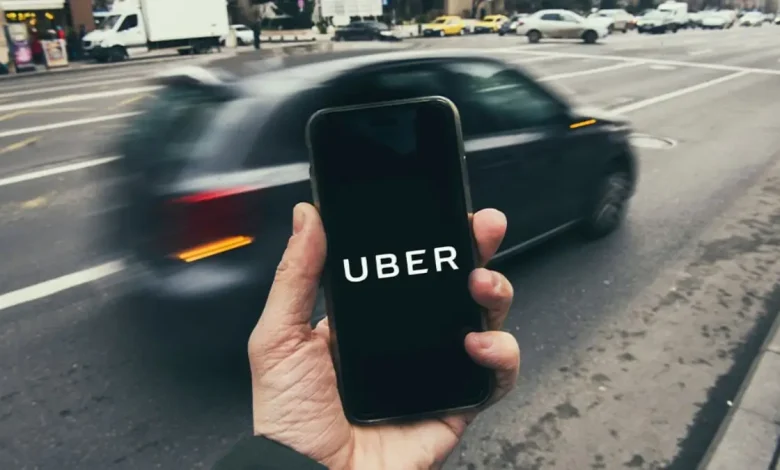Uber Delays Hit Gauteng Amid Driver Backlash Over Commission Cuts

Commuters in Gauteng faced significant delays this morning due to a backlash from Uber drivers protesting against high commission fees. Many drivers have downed tools in response to what they regard as unfair commission cuts by Uber, affecting thousands of riders relying on the service for daily transport.

ALSO READ: Mr D vs Uber Eats: Which Food Delivery Service Is Best for You?
Drivers Protest Commission Cuts and Rising Costs
Uber drivers argue that the current commission structure, which can reach up to 40%, is unsustainable. With rising fuel prices, vehicle maintenance, insurance, and other expenses, drivers say their incomes have shrunk considerably. Many claimed they now struggle to make a living, sparking widespread frustration and leading to today’s protests.
Drivers gathered in Sandton early in the morning before marching to Uber’s headquarters in Parktown, demanding that Uber address their grievances. They called on the company to revisit its commission policies and provide relief to ensure the sustainability of their livelihoods.
Impact on Gauteng Commuters
The strike caused major disruptions throughout Gauteng, particularly in Johannesburg. Uber and Bolt services experienced significant operational slowdowns, forcing commuters to seek alternative transport methods. With many drivers refusing to accept rides, wait times increased drastically at key points including the OR Tambo International Airport and main business districts.
Transport experts advise commuters to plan ahead and use public transport or carpool where possible during ongoing disruptions linked to e-hailing protests.
Permit Delays Compound Driver Frustrations
Alongside commission issues, drivers have also protested over lengthy delays in obtaining operating permits. Gauteng’s Department of Transport faces a backlog of over 6,100 pending applications, with only 2,500 permits issued recently. This regulatory bottleneck exposes drivers to risks such as vehicle impoundment and fines, further intensifying tensions.
The Democratic Alliance (DA) and civil society groups have criticized government departments for their slow response and called for urgent resolution. They stressed that without clear, timely permit processes, drivers remain vulnerable to law enforcement crackdowns.
Uber’s Response and Ongoing Dialogue
Uber acknowledges the challenges drivers face and has committed to ongoing talks. The company recently engaged with driver associations and government bodies to explore solutions. Uber says it is reviewing fare structures, increasing rates on short trips to better compensate drivers, and seeking feedback on improving driver welfare.
Despite this, many drivers remain skeptical, calling for concrete actions rather than promises. They demand a fairer share of revenue and swift government intervention to clear permit backlogs.
What Lies Ahead for Gauteng’s E-Hailing Sector
The current disruption highlights wider systemic issues impacting South Africa’s e-hailing industry. Rising costs, regulatory delays, and strained driver relationships pose risks to service reliability and commuter trust.
Moving forward, cooperation between Uber, government regulators, and driver groups is vital. Addressing permit delays promptly and recalibrating commission fees can reduce tensions and improve operational stability.
Commuters should stay updated on service status and remain flexible with transport plans as the situation evolves. Meanwhile, the protest marks a critical juncture, emphasizing that drivers’ voices play a key role in shaping Gauteng’s transport future.




